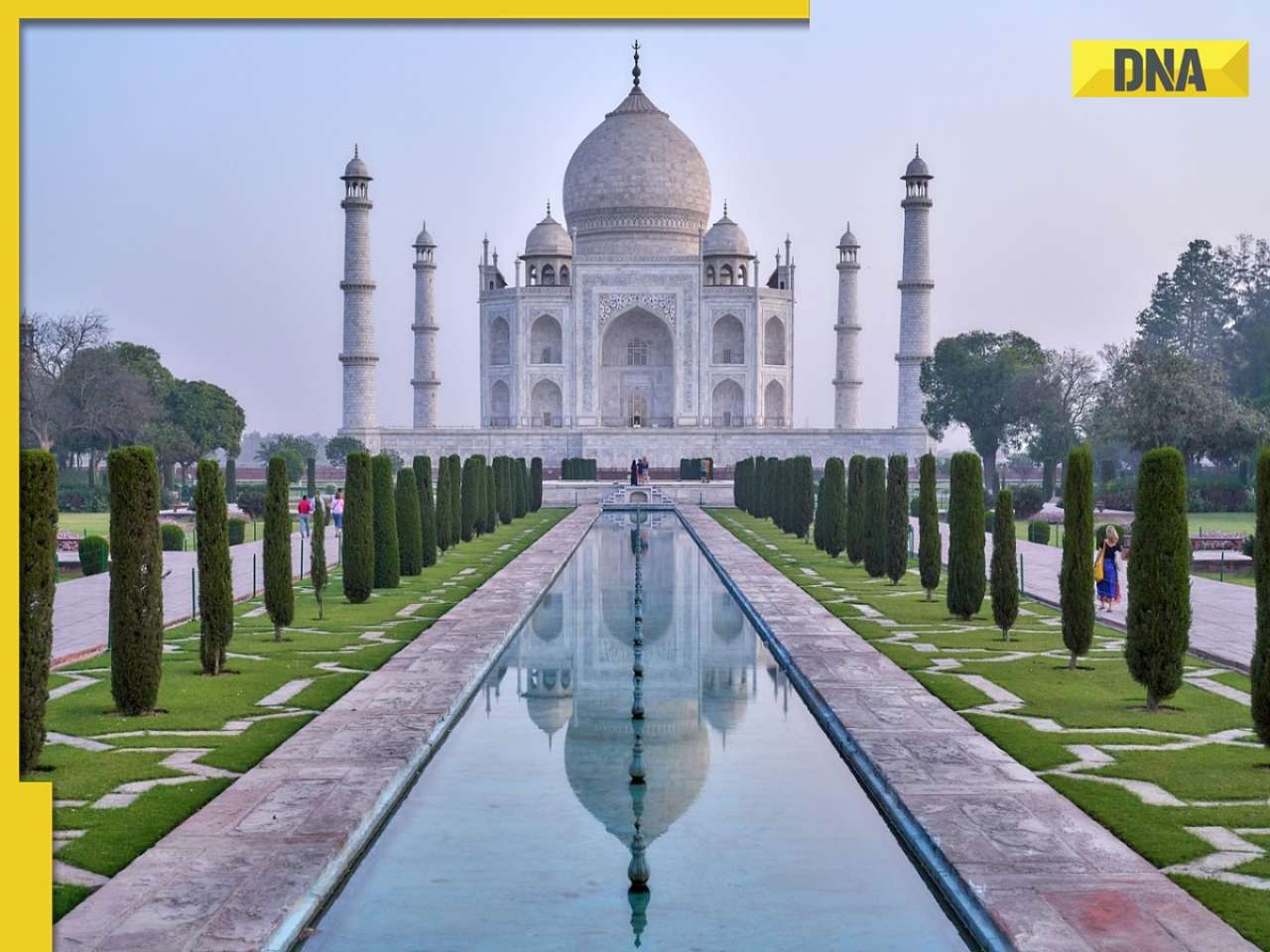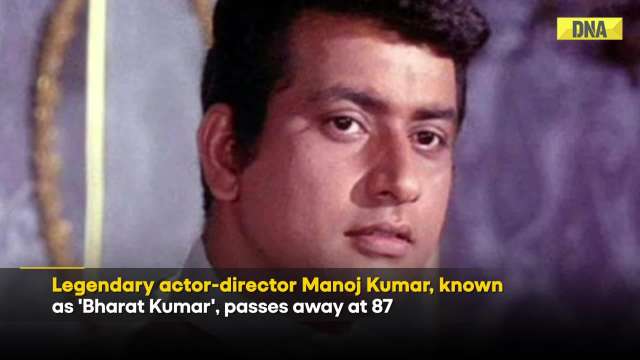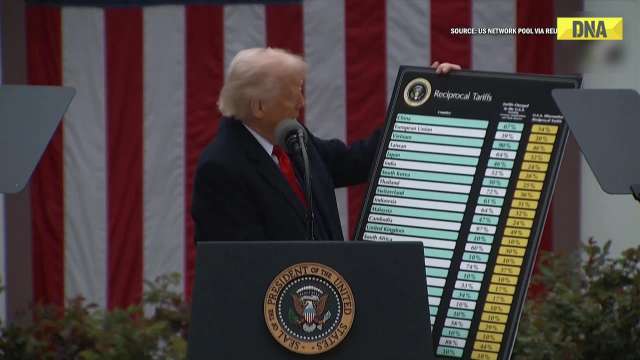- LATEST
- WEBSTORY
- TRENDING
INDIA
Who is Swami Nithyananda, fugitive accused of sexual abuse, claims to run a ‘borderless’ Hindu nation with...
Fugitive godman Nithyananda’s fictional nation Kailasa made headlines after sending representatives to a UN meeting despite having no legal recognition.
TRENDING NOW
Self-proclaimed Indian godman Swami Nithyananda is once again in the spotlight—this time for sending his representatives to a meeting at the United Nations in Geneva. Wearing saffron robes and heavy jewellery, the group claimed to represent a country called the United States of Kailasa (USK)—a so-called Hindu nation that no real country or international body recognises.
The bizarre move shocked many, as the “country” is nothing more than a fictional entity created by Nithyananda, who is wanted in India on serious charges including sexual assault and abuse.
What is Kailasa?
According to the official website of USK, Kailasa is described as “the greatest Hindu nation on Earth.” It claims to be a nation without borders, created for Hindus who feel they can’t practise their religion freely in their home countries. The site says it works to protect and spread Hindu culture and civilization, which it claims have been oppressed for centuries.
Inspired by the sacred Mount Kailash in Tibet, the fictional country is reportedly located on an island off the coast of Ecuador. Kailasa is said to have its own constitution, currency, bank (called the Reserve Bank of Kailasa), passport, flag, and even an economic system. Nithyananda had even announced flights to Kailasa in 2020.
Why Was Kailasa at the UN?
During a UN meeting on economic and social rights, a woman named Vijayapriya Nithyananda introduced herself as the “Permanent Ambassador” of Kailasa to the UN. She claimed that Kailasa is the first Hindu sovereign nation and that Nithyananda is working to revive 10,000 indigenous Hindu traditions.
She also spoke about Nithyananda being “persecuted” and “banned from preaching” in India, adding that he was exiled for trying to revive Hindu traditions. She asked the UN what could be done to protect him.
Is Kailasa a Real Country?
No. Kailasa is not recognised by the United Nations or any other government. According to international law, for a place to be called a country, it must have a permanent population, a working government, and the ability to form relations with other countries. Kailasa fails on all these points.
The UN later clarified that submissions made by Kailasa’s team were irrelevant and would not be included in official documents.
According to the BBC and Encyclopaedia Britannica, Kailasa is considered a micronation, a self-declared entity that acts like a country but has no legal status. There are around 140 such micronations across the world.
In short, Nithyananda’s attempt to gain global recognition for his fictional country has once again drawn ridicule and concern—especially as he continues to avoid facing the serious criminal charges against him in India.

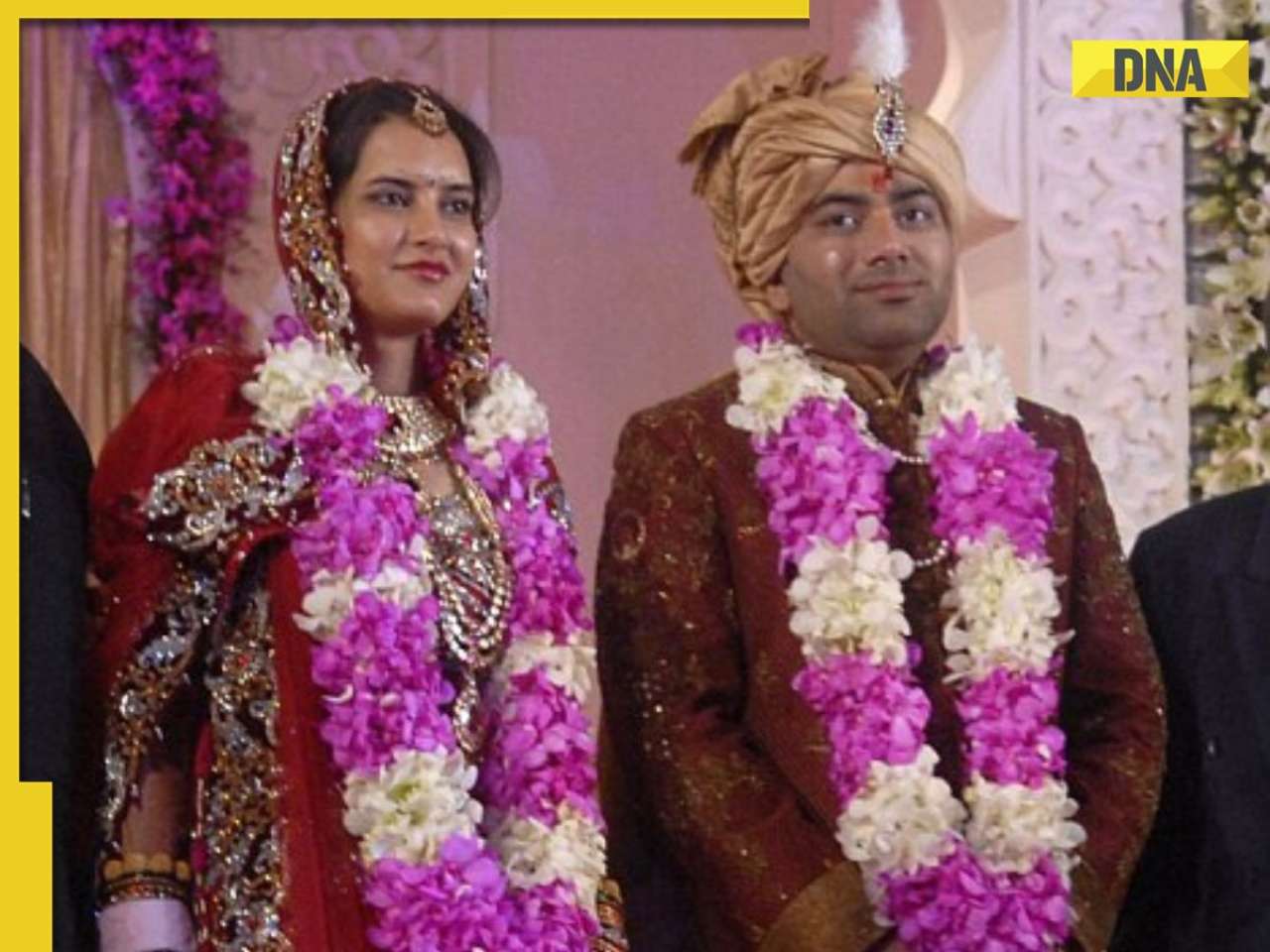
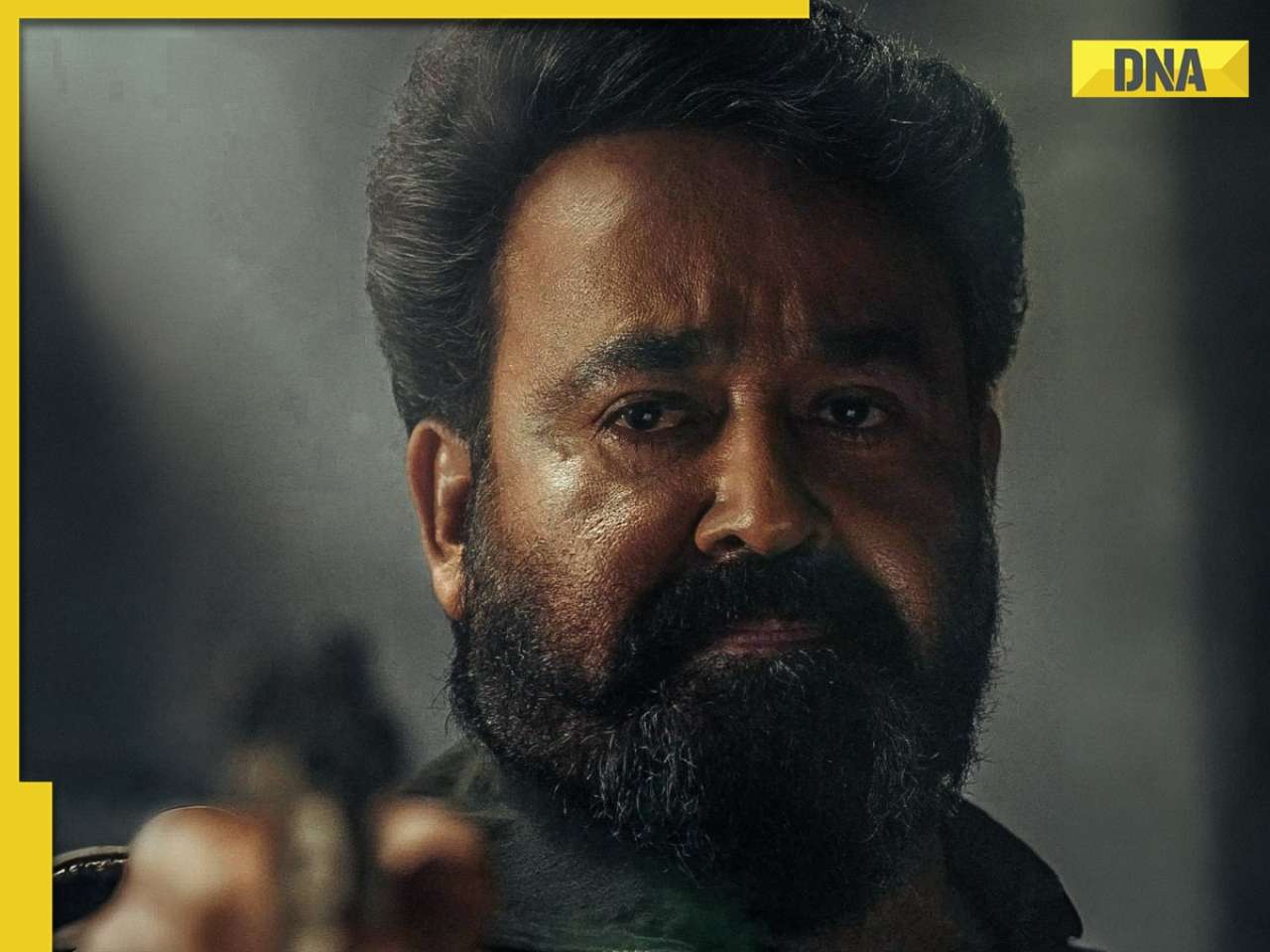




)
)
)
)
)
)
)
)
)
)
)
)
)
)
)
)





